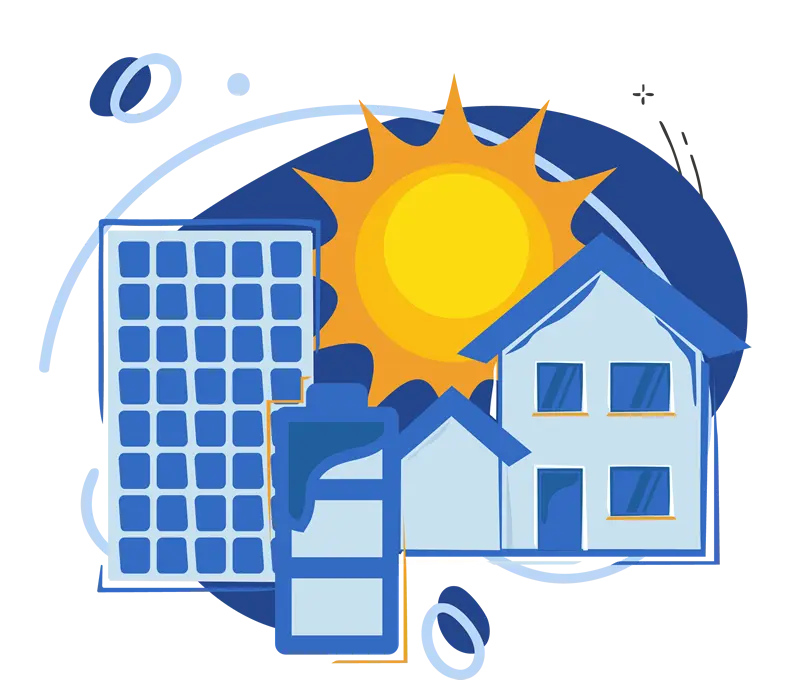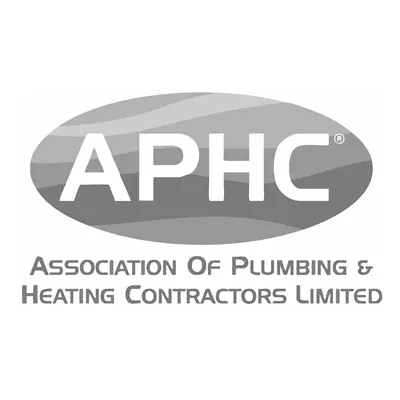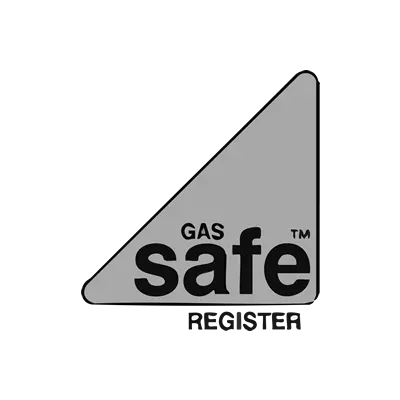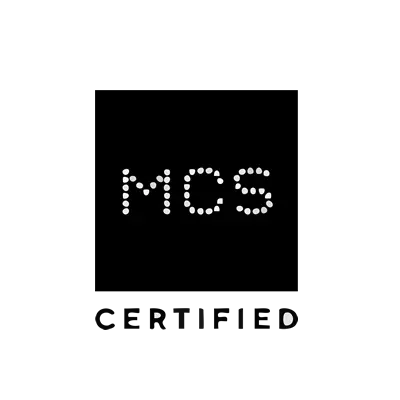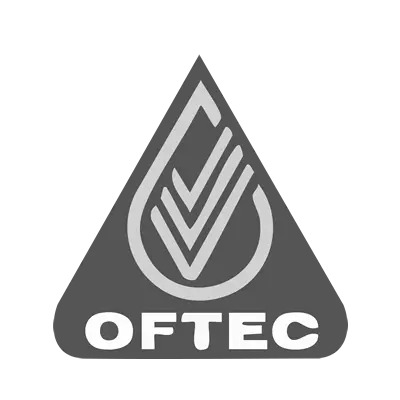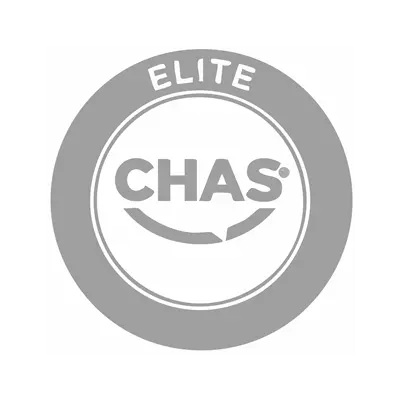Frequently Asked Questions
How to become a solar PV installer?
To become a solar PV installer, you typically need to complete relevant training courses, gain practical experience, and obtain necessary certifications. This equips you with the skills to efficiently install solar energy systems.
How do I find work as a solar PV installer?
Finding work as a solar PV installer involves researching local companies, networking within the renewable energy sector, and obtaining relevant qualifications or certifications. Online job boards and industry-specific websites can also provide valuable job listings.
What qualifications do I need to be a solar PV installer?
The qualifications needed to be a solar PV installer include relevant certifications such as the National Vocational Qualification (NVQ) in Solar Photovoltaic, along with practical experience in electrical work and safety training.
What does the installer do when installing solar panels on your roof?
The installer performs several key tasks when installing solar panels on your roof. They assess your roof's suitability, securely mount the panels, connect the wiring, and ensure the system is properly integrated with your home’s electrical setup.
What if my solar installer wont fix my broken panels?
If your solar installer won't fix your broken panels, first check your warranty and service agreement for coverage. If they are unresponsive, consider contacting a different installer or a consumer protection agency for assistance.
What skills are essential for solar PV installers?
The essential skills for solar PV installers include technical proficiency in electrical systems, problem-solving abilities, physical fitness for installation tasks, and strong communication skills to effectively collaborate with clients and team members.
How long does solar PV installation take?
The duration of a solar PV installation typically ranges from one to three days, depending on the system size and complexity. Our team at Neater Heat ensures efficient installations to minimise disruption to your home or business.
What tools do solar PV installers use?
Solar PV installers use a variety of tools, including solar panel mounting equipment, inverters, wiring tools, multimeters for electrical testing, and safety gear to ensure efficient and safe installations.
Are there certifications for solar PV installers?
Certifications for solar PV installers exist to ensure quality and safety in installations. In the UK, key certifications include the Microgeneration Certification Scheme (MCS) and the Renewable Energy Consumer Code (RECC), which demonstrate professionalism and adherence to industry standards.
What are common challenges for solar PV installers?
Common challenges for solar PV installers include navigating complex regulations, ensuring optimal site assessments, managing customer expectations, and addressing varying installation conditions, all while striving to maintain high safety and quality standards.
How do I choose a solar PV installer?
Choosing a solar PV installer involves researching their experience, customer reviews, and certifications. Ensure they provide a detailed quote and warranty, and check their familiarity with local regulations to ensure a smooth installation process.
What is the average salary for solar PV installers?
The average salary for solar PV installers typically ranges from £25,000 to £35,000 per year, depending on experience, location, and the complexity of installations.
What safety measures should solar PV installers follow?
The safety measures solar PV installers should follow include wearing appropriate personal protective equipment (PPE), ensuring proper electrical isolation, adhering to local regulations, and conducting thorough risk assessments to prevent accidents during installation.
How do solar PV installers assess roof suitability?
Solar PV installers assess roof suitability by evaluating factors such as roof orientation, angle, shading, and structural integrity to ensure optimal solar panel performance and longevity.
What maintenance do solar panels require post-installation?
The maintenance required for solar panels post-installation includes regular cleaning to remove dirt and debris, periodic inspections to ensure functionality, and monitoring of system performance to maximise efficiency.
How can I improve my solar installation skills?
Improving your solar installation skills involves gaining hands-on experience, undertaking relevant training courses, and staying updated on the latest solar technologies and best practices. Joining professional networks can also provide valuable insights and support.
What are the latest trends in solar installation?
The latest trends in solar installation include the growing adoption of solar battery storage systems, increased use of smart technology for energy management, and a shift towards integrated solar solutions that enhance efficiency and reduce costs for both homes and businesses.
How do solar PV installers handle customer complaints?
Solar PV installers handle customer complaints by promptly addressing concerns, assessing the issues, and providing solutions. They prioritise customer satisfaction through effective communication and follow-up to ensure all problems are resolved efficiently.
What is the role of a solar PV technician?
The role of a solar PV technician involves installing, maintaining, and repairing solar photovoltaic systems to ensure optimal energy production. They also assess system performance and troubleshoot issues to maximise efficiency and reliability for customers.
How do I prepare for a solar installation job?
Preparing for a solar installation job involves assessing your property’s suitability for solar panels, ensuring clear access for installation, and gathering necessary documentation, such as building permits and energy usage records.
What are the benefits of hiring a certified installer?
The benefits of hiring a certified installer include ensuring high-quality workmanship, compliance with industry standards, and access to expert knowledge. This can lead to increased system efficiency, safety, and peace of mind for homeowners and businesses.
How do solar PV installers ensure system efficiency?
Solar PV installers ensure system efficiency by conducting thorough site assessments, using high-quality materials, and implementing optimal installation techniques. They also monitor system performance and provide regular maintenance to maximise energy output and longevity.
What are the environmental impacts of solar installations?
The environmental impacts of solar installations include reduced greenhouse gas emissions, decreased reliance on fossil fuels, and minimal water usage compared to traditional energy sources. Additionally, solar energy contributes to cleaner air and promotes sustainable energy practices.
How do I verify a solar installers credentials?
To verify a solar installer's credentials, check their certifications, such as MCS (Microgeneration Certification Scheme), and read customer reviews. Additionally, ensure they have appropriate insurance and are registered with relevant trade bodies.
What financing options are available for solar installations?
The financing options available for solar installations include solar loans, leasing agreements, and power purchase agreements (PPAs), allowing homeowners and businesses to choose a plan that best fits their budget and energy needs.
How do solar PV installers stay updated on regulations?
Solar PV installers stay updated on regulations by regularly attending industry training sessions, subscribing to relevant newsletters, and participating in professional associations that provide the latest information on compliance and best practices in the solar energy sector.
What are the best practices for solar panel installation?
The best practices for solar panel installation include assessing the site for optimal sunlight exposure, ensuring proper mounting and alignment, using high-quality materials, and adhering to local regulations and safety standards for maximum efficiency and longevity.
How do I troubleshoot issues with solar panels?
Troubleshooting issues with solar panels involves checking for visible damage, ensuring connections are secure, and monitoring the inverter’s performance. If problems persist, consult a professional to diagnose and resolve any technical issues effectively.
What customer service skills are important for installers?
The important customer service skills for installers include effective communication, problem-solving, and attentiveness to customer needs. These skills ensure a smooth installation process and enhance customer satisfaction with the service provided.
How can I network with other solar PV professionals?
Networking with other solar PV professionals can be achieved by attending industry conferences, joining local solar associations, participating in online forums, and utilizing social media platforms like LinkedIn to connect and share knowledge.
